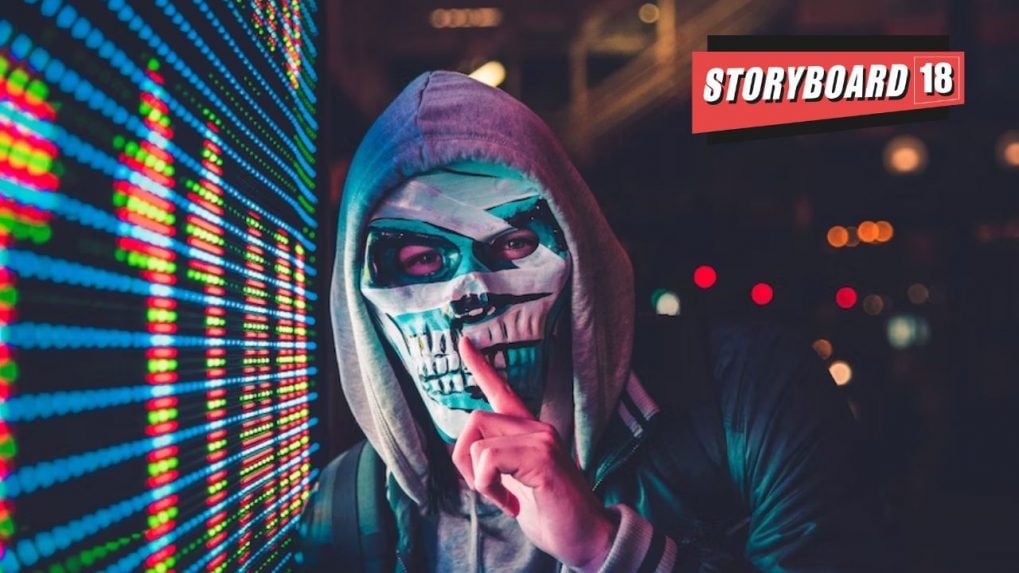How it Works
WPP, Havas, Omnicom: Are advertising’s biggest holdcos recasting agencies as AI Operating Systems?

McAfee warns that cybercriminals are stepping up their efforts to scam festive season shoppers. As Indians prepare for Diwali, new McAfee consumer research reveals that nearly one in three Indians have fallen victim to holiday scams, with 37% losing money- underscoring how threats like deepfake celebrity endorsements, phishing texts, scam emails, and one-time password (OTP) scams are exploiting consumers’ enthusiasm for festive season deals.
Festive Shopping: Convenience Redefined, Risks Intensified
Festive shopping in India is shifting online, with e-commerce now the preferred way to shop during the festive season because of better discounts (64%), convenience (60%), more variety (52%), and faster delivery (51%). This shift also highlights the growing reliance on mobile-first consumption, with 77% of shoppers now making purchases via smartphones. Younger consumers aged 25–44 have emerged as the heaviest users of online platforms overall, fuelling India’s digital shopping boom.
The Rise of Scams Amid Festive Sales
Alongside this digital momentum, shoppers face a familiar seasonal risk: scammers who try to exploit holiday demand. In fact, 96% of Indians express deep concern about online scams, and for good reason:
72% are more concerned about AI-driven scams than they were last year
91% report receiving suspicious shopping-related messages, including fake ‘gift card wins’ (49%), ‘limited-time offers’ (40%), and ‘refund notifications’ (27%)
On average, Indians face 12 scam attempts per day, spanning text messages (3), phishing emails (4), and fraudulent social media ads (5). Particularly concerning are deepfake celebrity endorsements and fake e-commerce websites, making it harder than ever to distinguish real from fake.
Pratim Mukherjee, Senior Director of Engineering, McAfee commented, “The festive season is a time of joy and giving, but it has also become a target for scammers. As technology evolves, so do the threats, with AI-driven scams creating new risks for online shoppers. It’s about more than just being careful — it’s about giving people the confidence to shop smarter and safer. By taking simple steps like checking websites, securing devices, and staying alert, we can outpace bad actors and ensure the spirit of the season remains untarnished.”
Common Scams Targeting Indian Shoppers
Deepfake Scams: 69% of Indians say they or someone they know has encountered scams involving deepfake content or fake celebrity endorsements during holiday sales, tricking shoppers into fraudulent transactions or sharing sensitive information.
Fake Websites & Phishing Texts: Thousands of fake e-commerce sites and scam messages (e.g., refund notices or delivery updates) use urgency to lure victims into clicking malicious links.
OTP Scams: Fraudsters pose as delivery agents or customer service reps to request OTPs, gaining access to accounts and enabling unauthorized transactions.
AI-Powered Social Media Bots: Bots impersonate real users to spread scam messages, fake reviews, or misleading posts, influencing shopper decisions.
AI-Driven Investment Scams: Fake investment platforms and market data trick shoppers into investing in fraudulent crypto or stocks.
Voice Assistant Exploitations: Scammers hack voice assistants to make unauthorized purchases or send messages without user consent.
The impact of these scams extends beyond financial losses. Among those scammed, 91% reported feelings of anger, anxiety, or embarrassment, yet 28% rarely share their experiences publicly due to shame. These emotional scars highlight the toll of cybercrime and the urgent need for greater consumer awareness and safeguards.
In response to these risks, 98% of Indians plan to adopt proactive measures to protect themselves, including shopping on trusted websites (55%), using strong passwords (53%), and verifying suspicious communications directly with retailers.
From purpose-driven work and narrative-rich brand films to AI-enabled ideas and creator-led collaborations, the awards reflect the full spectrum of modern creativity.
Read MorePraveen Someshwar, Managing Director and CEO of Diageo India, joins the Grand Jury of the Storyboard18 Awards for Creativity, highlighting the awards’ focus on work that blends cultural relevance with strategic and commercial impact.